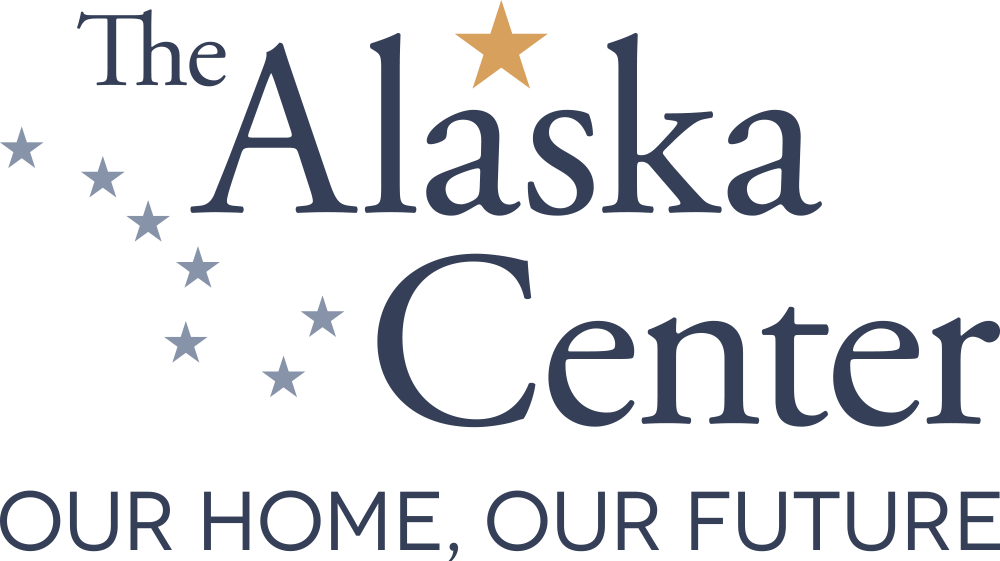During this season of gratitude and reflection, we would like to express our appreciation for the strong communities and people that we work with each day to build a brighter future. We are thankful for the stewardship and continued vibrant leadership of Alaska Native peoples. At The Alaska Center, we are honored to live and work on Indigenous lands.
2021 marks our 50th anniversary. We are so proud to celebrate this milestone and commemorate all of the wonderful achievements of our predecessors. This moment also gives us the chance to reflect on the legacy of conservation in Alaska, and our own organization’s historical and current relationship to the lands, waters and peoples of this place.
The colonization of Alaska lands and peoples is a root cause of our extractive economy. And a history of colonial conservation--dating back to the 1800’s during the United State’s territorial expansion--dispossessed Indigenous peoples of their lands, waters, and rights. All public lands the U.S. government owns are Indigenous lands that were taken often through violence, genocide, and forced removal. Alaska is home to 229 federally recognized Tribes who continue to steward these lands as their ancestors have for thousands of years.
The colonial preservation, conservation, and management of lands, waters and wildlife in Alaska are not in the distant past. Current laws and regulations by federal and state agencies still lead to persecution of Alaska Natives for practicing their ways of life and providing for their families. Indigenous knowledge and perspectives are not well represented in state agencies or policies governing resource management. The State of Alaska still does not recognize Tribes.
We can use our clear understanding of our past and current reality to inform a more inclusive and equitable future. This includes:
- Centering Indigenous leadership in addressing the climate crisis, both in Alaska and globally;
- Pushing for the State of Alaska to recognize Tribes and tribal sovereignty, that will increase opportunities for partnership, uplift local voices, and offer more services to support Alaskans;
- Promoting programs like Tamanta that are transforming fisheries and marine management through co-production of Indigenous and western knowledge;
- Transforming our own practices to be more aligned with Indigenous values and knowledge, including our outdoor education programs for children and our advocacy campaigns to protect our climate and communities from extractive development.
With knowledge comes responsibility; and there is so much to do! But there is also so much to be grateful for and inspired by.
In that spirit we want to share Our Stories by Qacung, a “love song” to all Alaska Natives. Please take a few minutes to enjoy this beautiful tribute as you savor Alaska’s gifts this season.
By acknowledging truth and working together, a thriving, just and sustainable Alaska is within reach-now and for future generations.
By Polly Carr
Executive Director
The Alaska Center
Share this Post

